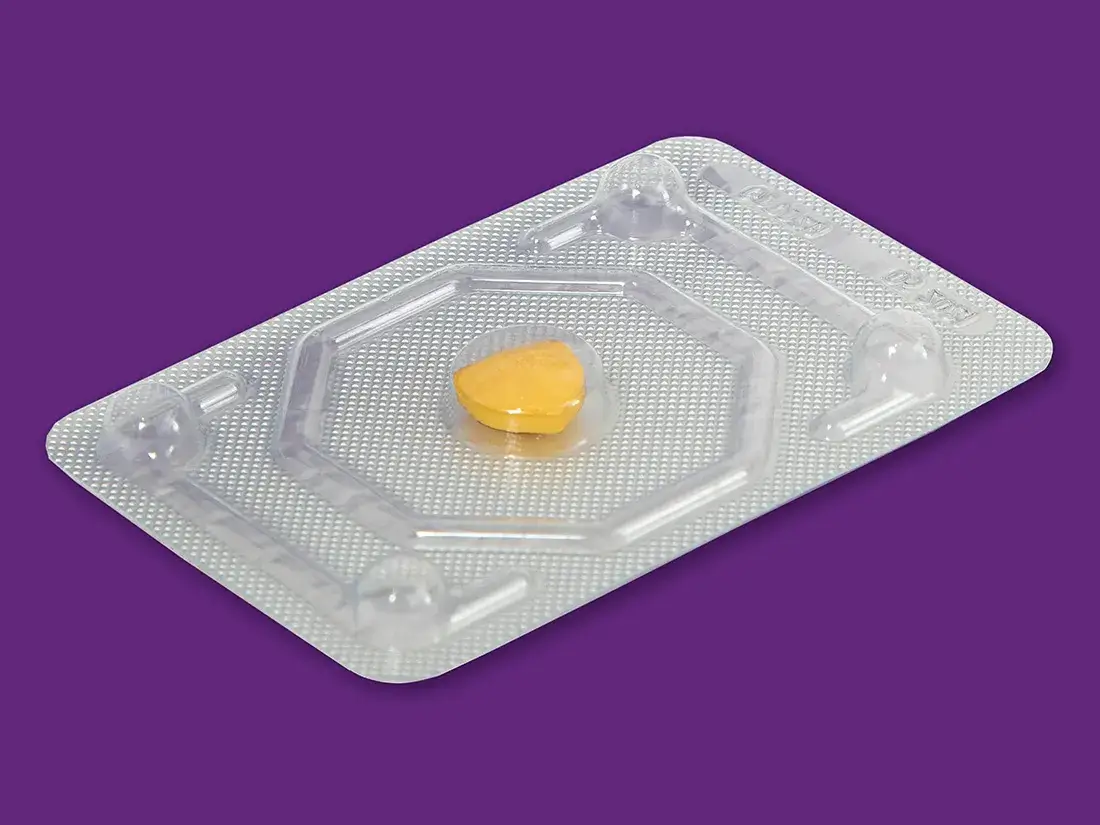Prevention & Protection

Take charge of your sexual health.
Preventing unplanned pregnancy and protecting yourself from sexually transmitted infections are two of the many ways you can care for yourself.
Your Options for Birth Control
If you want to avoid a pregnancy or if you know you are not ready to become a parent, birth control is a safe and easy way to prevent pregnancy.
There are a lot of options, so talk to your healthcare provider or visit a local clinic to learn more about birth control and find a method that is right for you.
These methods work really, really well:
Abstinence
Abstinence is 100% effective if you don’t have sex. To protect yourself against pregnancy and STIs (sexually transmitted infections), abstain from vaginal, anal, and oral intercourse 100% of the time.


IUD
IUD is short for intrauterine device. Inserted into the uterus, it provides hassle-free protection for at least 3 years.
Implant
Embedded under the skin of your upper arm, the implant provides hassle-free protection that lasts for at least 3 years.

These methods work well with a little extra effort:
Emergency Contraception
Emergency contraception (EC), or the “Morning After Pill,” works best when used within 72 hours of unprotected sex to lower the chances of pregnancy.
EC can be purchased at most pharmacies without a prescription, regardless of your age. You can also purchase it online if you are at least 18 years old.
Remember: EC is not meant to be your regular form of birth control.

These methods help prevent pregnancy after unprotected sex:
Ella
Ella works best when taken within 120 hours of unprotected sex.
Plan B & Others
These work best when taken within 72 hours of unprotected sex.
Barrier Methods
Birth control is great at preventing unplanned pregnancies. But it’s important to protect yourself and your partner against STIs (sexually transmitted infections), too. Condoms and other safer sex barrier methods, like dental dams, are the best way to protect against STIs.
Dental dams are latex or polyurethane sheets used during oral sex that reduce your risk of getting an STI. However, dental dams do NOT prevent pregnancy.
Condoms are the only method that prevents both pregnancy and STIs and are up to 98% effective when used correctly. More importantly, you can use condoms with any of the other contraceptive methods. There are two types:
External Condoms
External condoms are thin, stretchy pouches that are worn on a penis during sex to help prevent STIs and unintended pregnancy.
Internal Condoms
Internal condoms go inside a vagina to help prevent unintended pregnancy and STIs, or inside an anus for STI prevention.
So, How do condoms work?
Check out this video from AMAZE to learn how to use an external condom.
Check out a local clinic.
Local clinics can help you get access to free condoms and other sexual health resources to keep you safe.
Get tested.
If you are sexually active, it’s important that you and your partner stay healthy by getting tested for sexually transmitted infections. Testing is quick, easy, and non-invasive.
Visit a local clinic to set up an appointment, or call 211 to find the nearest testing site near you.

Get more information.
Need even more detailed information about prevention and protection? Check out our Sexual Health Resource Guide to learn more.

